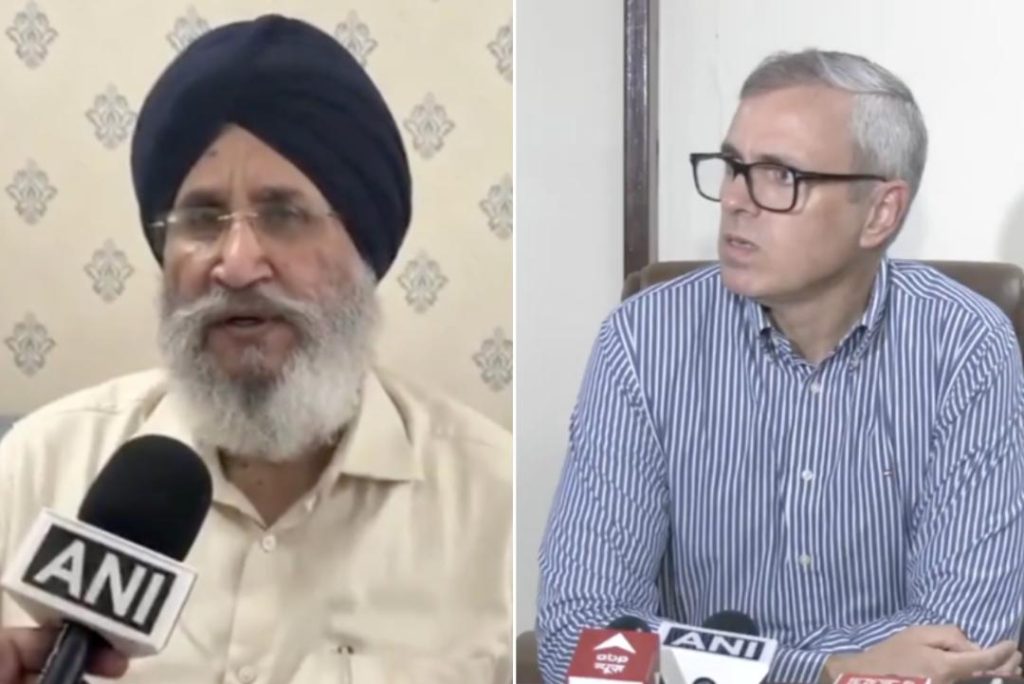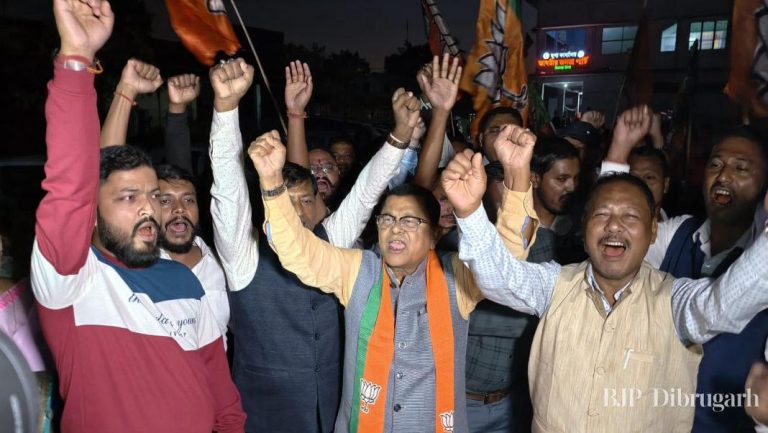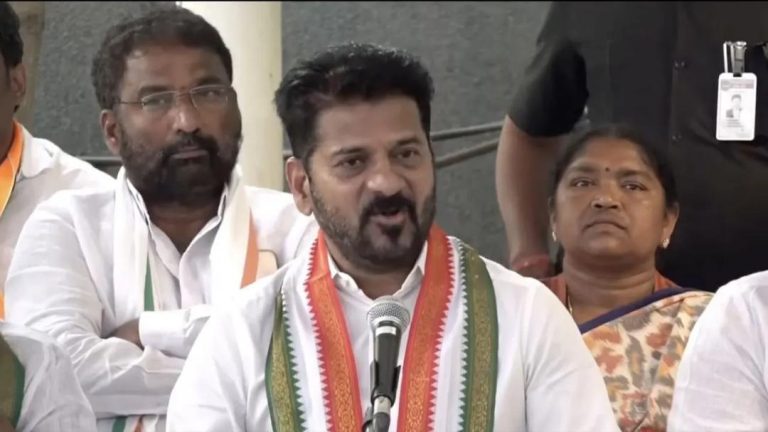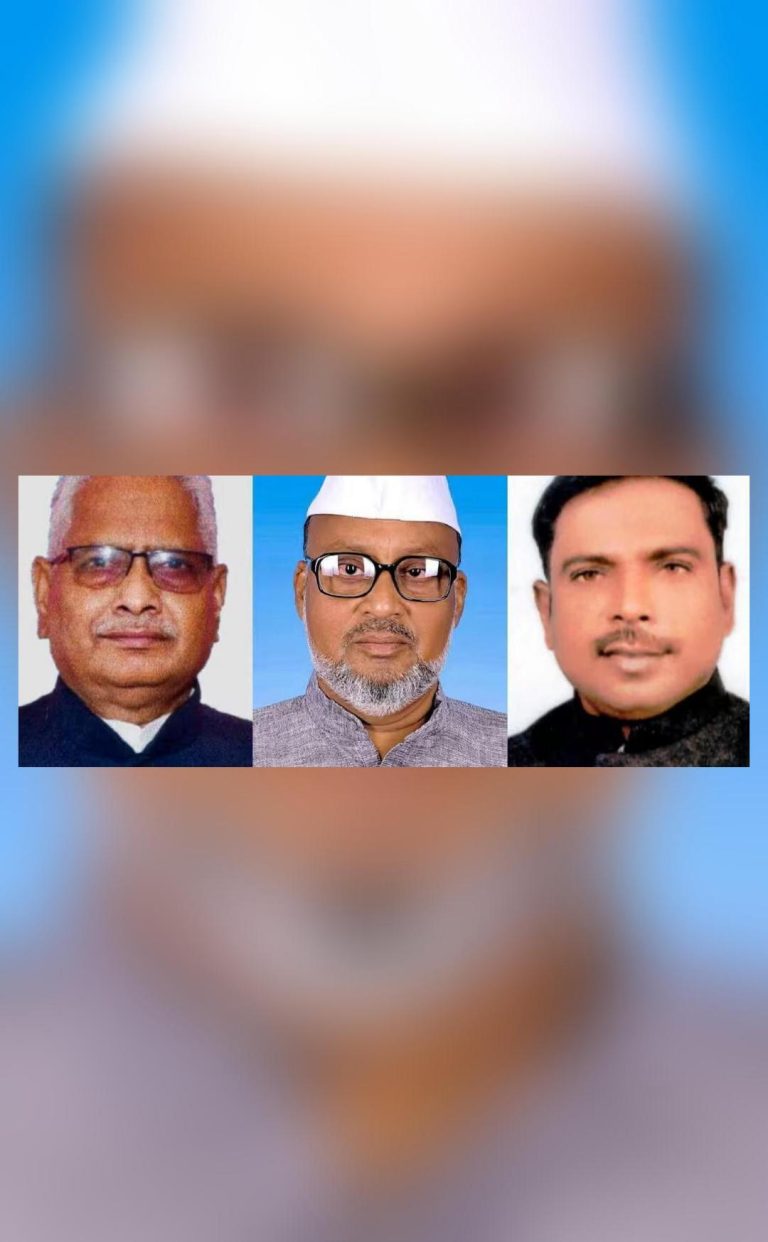
J&K CM’s Remark on Water Sharing Unreasonable: Akali Dal Leader
The recent statement made by Jammu and Kashmir (J&K) Chief Minister Omar Abdullah has sparked a controversy, with Shiromani Akali Dal leader Daljit Singh Cheema calling his remark “unreasonable”. Abdullah had stated that he would not share any water with Punjab, a decision that has been met with strong opposition from the people of Punjab.
Cheema, a prominent leader of the Akali Dal, has expressed his disappointment and surprise over Abdullah’s comment. “We did not expect him to comment on Punjab, as river water distribution has earlier also been in favour of other states like Rajasthan, Haryana, and Delhi,” Cheema said in an interview.
The issue of water sharing has been a contentious one between Punjab and J&K for several years. Both states have been vying for control over the waters of the Ravi and Beas rivers, which flow through their territories. The dispute has been going on for decades, with both states citing their historical and legal rights to the waters.
Cheema’s remarks come at a time when the issue of water sharing is once again being debated between the two states. The Punjab government has been pressing for a fair and equitable distribution of the waters, while the J&K government has been resisting any changes to the existing arrangements.
The Akali Dal leader has called upon Abdullah to reconsider his statement and engage in a constructive dialogue with the Punjab government to resolve the issue amicably. “We want to resolve this issue through talks and not through threats and ultimatums,” Cheema said.
The issue of water sharing is not limited to Punjab and J&K alone. Other states in the country, such as Rajasthan and Haryana, are also facing similar problems. The scarcity of water has become a major concern in many parts of the country, and the governments of these states are struggling to find a solution to the problem.
In recent years, there have been several instances of water sharing agreements being signed between states, but these have not always been successful. In 2016, the Punjab government and the J&K government signed a Memorandum of Understanding (MoU) on the issue of water sharing, but the agreement was later scrapped by the J&K government.
The recent statement by Abdullah has reignited the debate on the issue of water sharing, and it remains to be seen how the two governments will resolve the dispute. Meanwhile, the people of Punjab and J&K are eagerly waiting for a solution to the problem, which has been affecting their lives for decades.
The Root of the Problem
The issue of water sharing between Punjab and J&K is a complex one, with both states having different perspectives on the matter. The Punjab government has been pressing for a fair and equitable distribution of the waters, citing the historical and legal rights of the state to the use of the rivers.
On the other hand, the J&K government has been resisting any changes to the existing arrangements, citing the need to protect the interests of the state and its people. The J&K government has also been arguing that the waters of the Ravi and Beas rivers are not sufficient to meet the needs of both states, and that any changes to the existing arrangements would lead to a shortage of water in the state.
The Akali Dal leader has also pointed out that the water sharing agreements between states have been generally unfair, with states like Rajasthan and Haryana receiving a larger share of the waters. “We want a fair and equitable distribution of the waters, where all states get a equal share,” Cheema said.
The Impact of Water Scarcity
The issue of water sharing is not limited to the dispute between Punjab and J&K alone. The scarcity of water is a major concern in many parts of the country, and it is having a significant impact on the lives of people.
In Punjab, the scarcity of water is affecting the agricultural sector, which is the backbone of the state’s economy. The lack of water is also having a significant impact on the health and well-being of the people, with many villages and towns facing severe water shortages.
In J&K, the scarcity of water is also having a significant impact on the people, particularly in the Kashmir Valley. The lack of water is affecting the agricultural sector, as well as the health and well-being of the people. The situation is particularly dire in the winter months, when the water scarcity is at its worst.
The issue of water scarcity is not limited to these two states alone. Many parts of the country are facing severe water shortages, and it is having a significant impact on the lives of people.
Conclusion
The recent statement by Jammu and Kashmir Chief Minister Omar Abdullah has sparked a controversy, with Shiromani Akali Dal leader Daljit Singh Cheema calling his remark “unreasonable”. The issue of water sharing between Punjab and J&K is a complex one, with both states having different perspectives on the matter.
The Akali Dal leader has called upon Abdullah to reconsider his statement and engage in a constructive dialogue with the Punjab government to resolve the issue amicably. The issue of water sharing is not limited to these two states alone, and it is having a significant impact on the lives of people across the country.
As the debate on water sharing continues, it is essential that the governments of Punjab and J&K engage in a constructive dialogue to resolve the issue. The people of these states deserve a fair and equitable distribution of the waters, and it is the responsibility of the governments to ensure that this happens.
References:






